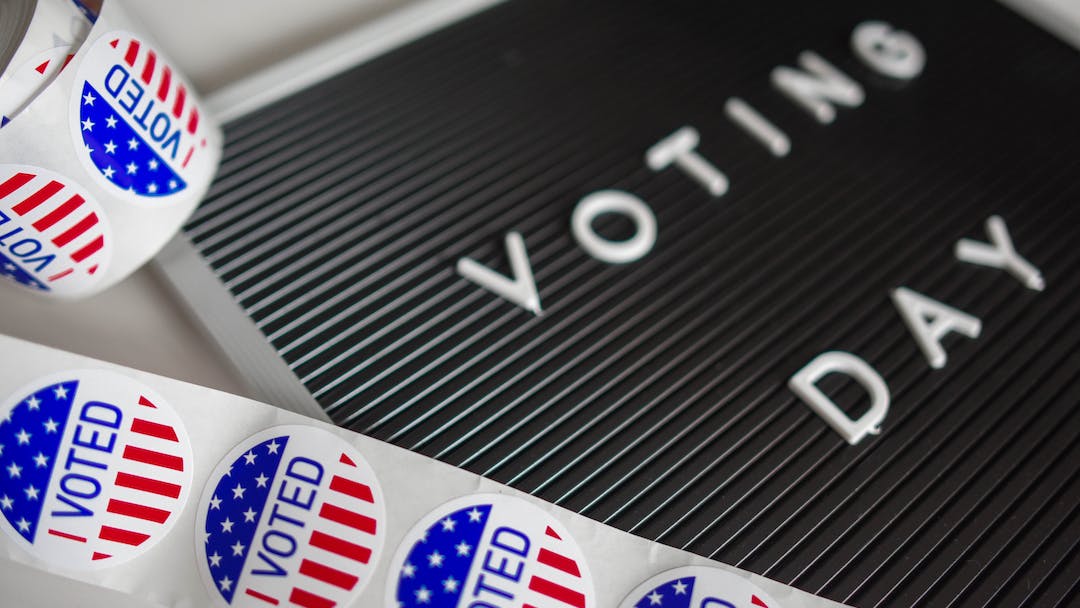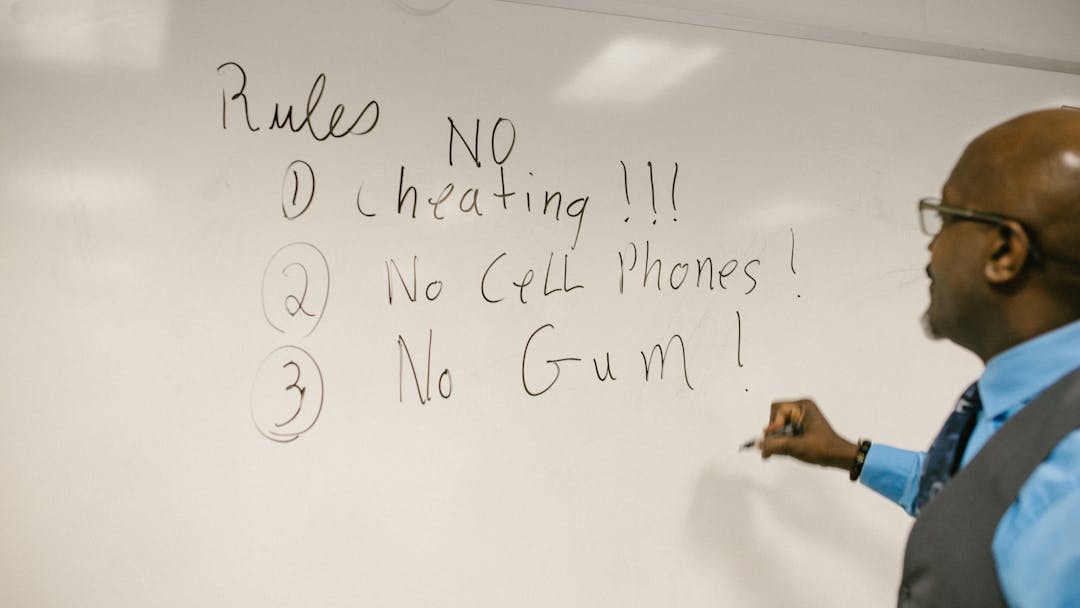Understanding the Rule of Completeness in Michigan Courts: MRE 106
In the pursuit of truth and ensuring fairness during legal proceedings, the Michigan Rules of Evidence (MRE) play a crucial role.
One particular rule, MRE 106 (Completeness), safeguards against misleading interpretations and fosters a more comprehensive understanding of presented evidence.
What is the Rule of Completeness?
MRE 106 states: “If a party introduces part of a writing or recorded statement, any other party may introduce the remainder, or so much thereof as is relevant to the portion introduced, if the remainder or portion thereof offered completes the statement or renders it more understandable.”
In simpler terms, when a portion of a written or recorded statement is presented in court, the opposing party has the right to introduce the remaining relevant parts of the statement.
This ensures that the jury or judge hears the full context and avoids being swayed by a potentially misleading snippet of evidence.
Why is the Rule of Completeness Important?
Imagine a scenario where the prosecution presents a written excerpt from a witness’s statement, highlighting a specific sentence that seemingly incriminates the defendant. Without the complete statement, the jury might be left with an incomplete picture, potentially overlooking crucial contextual details or even contradictory information that could exonerate the defendant.
MRE 106 prevents such scenarios by allowing the defense to introduce the remaining relevant parts of the statement. This ensures that:
- The jury has access to a more complete picture and can make a well-informed decision based on all relevant information.
- Misleading interpretations are minimized as the opposing party can present the full context of the statement.
- Fairness is upheld by allowing both sides to present a complete picture of their case.
It’s important to note:
- The opposing party can only introduce relevant portions of the statement, not everything. The court will determine what constitutes relevant information based on the specific case and the previously introduced portion.
- MRE 106 only applies to written or recorded statements, not oral statements.
Conclusion
MRE 106 plays a vital role in ensuring fairness and promoting a complete understanding of evidence in Michigan courts. By allowing the introduction of relevant, contextual information, the rule helps prevent misleading interpretations and fosters a more just legal process.

Related Articles
No Results Found
The page you requested could not be found. Try refining your search, or use the navigation above to locate the post.
More Posts

When Being Questioned by the Police: Can They Lie to You?
When Being Questioned by the Police: Can They Lie to You? Introduction In the United States, police officers are generally allowed to lie to suspects during interrogations. This is a controversial practice, but it has been upheld by the Supreme Court. There are some...

Ohio Bill Introduced to Allow Each City to Ban Marijuana
With just over a week until Ohio’s voter-approved marijuana legalization law takes effect, a lawmaker has introduced a bill that would allow individual municipalities to locally ban the use and home cultivation of cannabis in their jurisdictions. The legislation aims...

Appeals Court – Detroit’s Asset Forfeiture Violates Due Process
A federal circuit judge writes that Detroit's vehicle seizure scheme "is simply a money-making venture—one most often used to extort money from those who can least afford it." A panel of federal appellate judges ruled that Detroit's practice of seizing people's cars...

NEWS RELEASE: USSC Adopts 2023 Amendments
WASHINGTON, D.C. ― Equipped with a quorum of Commissioners for the first time since 2018, the bipartisan United States Sentencing Commission voted today to promulgate amendments to the federal sentencing guidelines. “The Sentencing Commission is back in business,”...

Bad Ranking For Transparency in the Michigan Justice System
by Wes Smith, president, MPA Board of DirectorsPublisher View Newspaper Group When there was a change in leadership in Michigan’s legislature earlier this year, hope rose again in the hearts of citizens who want a more transparent state government. Maybe, it was...

Ohio voters say yes to legal recreational cannabis
Recreational marijuana has been legalized in Ohio as voters overwhelmingly approved State Issue 2 on Tuesday. This groundbreaking decision now enables adults in Ohio to legally experience the advantages of marijuana for recreational purposes. “Marijuana is no longer a...

Smell of Marijuana is Not Enough to Search Your Vehicle or is it?
The Smell of Marijuana and the Court of Appeals Body camera footage is an invaluable resource for courts facing suppression motions, but it rarely serves as a stand-alone source of information about a warrantless search or seizure. Here, the trial court was hamstrung...

Commission Votes For Retroactive Sentencing
U.S. SENTENCING COMMISSION VOTES TO ALLOW RETROACTIVE SENTENCE REDUCTIONS AND ANNOUNCES ITS NEXT SET OF POLICY PRIORITIESVote Authorizes Judges to Reduce Sentences for Eligible Incarcerated Persons Beginning February 1, 2024 Should Guidelines Become...

THC Detection in Blood: Challenges and Implications
THC Detection in Blood: Challenges and Implications When it comes to enforcing drugged driving laws, police and employers face a unique challenge with marijuana. Unlike alcohol, which is metabolized and eliminated relatively quickly, THC, the psychoactive compound in...

Feds New Sentencing Guidelines for Past Cannabis Convictions
The federal U.S. Sentencing Commission (USSC) has approved a revised amendment to sentencing guidelines, advising judges to adopt a more lenient approach towards prior marijuana possession offenses. Members of the commission voted to approve a range of amendments to...









